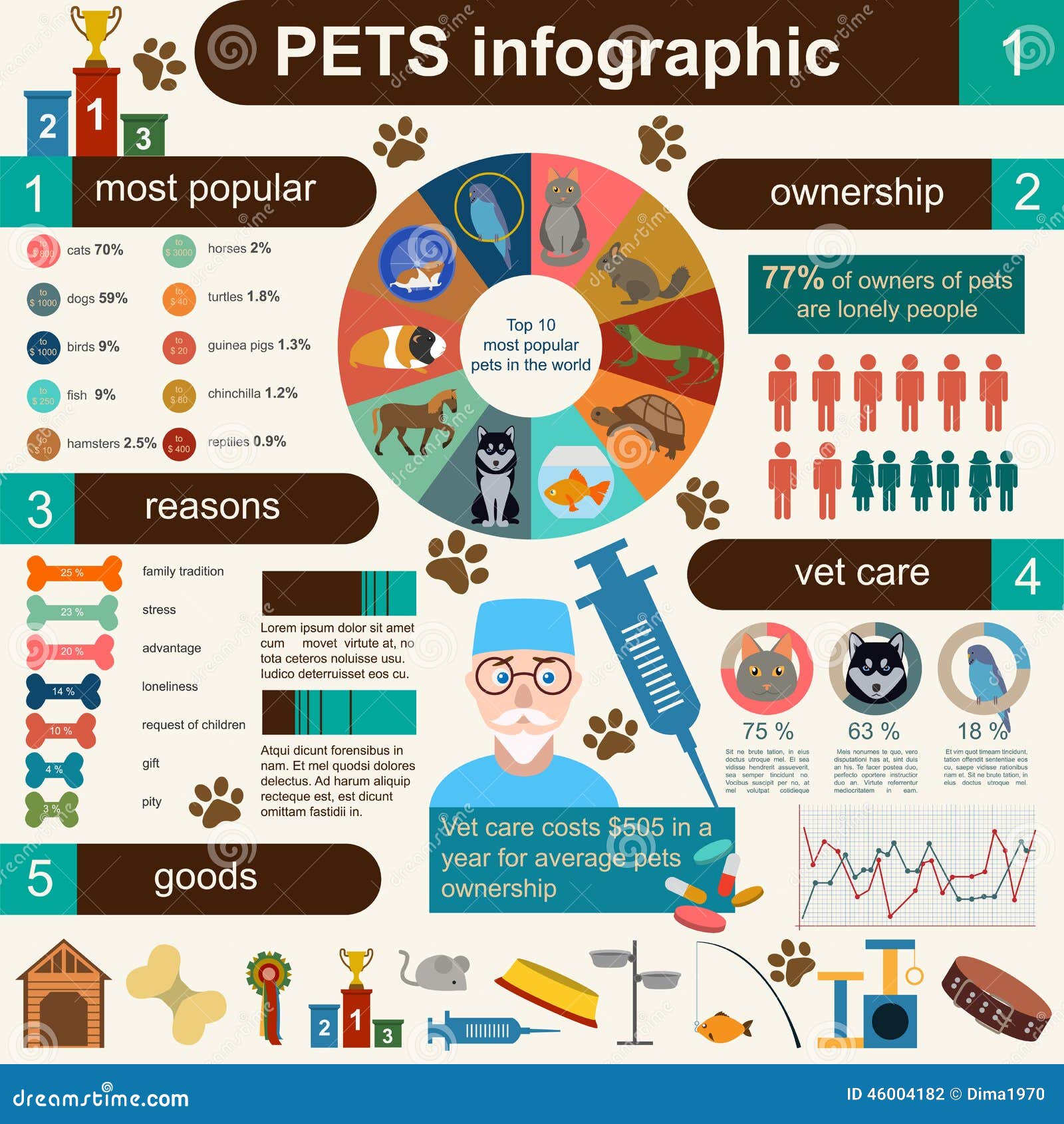Dog Daycare And Behavioral Support
Dog Daycare And Behavioral Support
Blog Article
How to Introduce Dog to Day Care
Leaving your pet for a day of fun and play far from home can be scary for both you and your dog. It is very important to start preparing your pet dog early for the daycare experience.
Prior to your dog begins participating in childcare, you need to see to it that they depend on day on all inoculations (rabies, distemper, kennel coughing). You must additionally service their social abilities with dog parks and young puppy classes.
Meet-and-Greets
Ideally, start your pup's daycare experience with a meet-and-greet in a controlled environment. This will certainly aid your pet dog end up being adjusted to the new surroundings and various other pets. This might likewise be a good time to deal with recall so your dog will certainly come when a childcare personnel calls them.
Permitting pet dogs to greet each other via smelling is an all-natural and vital part of their preliminary interactions. It also permits them to exchange social cues without straight call, lowering the capacity for conflict or anxiousness.
When presenting your canine, stay calm and positive. Pet dogs can detect their owner's feelings, and if they notice your stress and anxiety or stress, it could bring about splitting up stress and anxiety during their day at childcare. Likewise, try to restrict the quantity of time you leave your canine during drop offs, and maintain your farewells short.
Socialization
Dog daycare can be a great alternative for lots of animals, but the change can be difficult for some dogs. To aid alleviate the anxiety, it's best to begin by introducing your dog to the center over brief gos to. This will let them obtain utilized to the views, scents, and various other pets in a secure and controlled environment.
Having the appropriate tools, such as leashes and deals with, can likewise help make the first conference successful. It's important to continue to be calm throughout the intro, as your pet dog will notice your emotions and might respond negatively. On top of that, working with recalls and comprehending dog body movement will also be handy for a smooth and conflict-free intro. Keeping up to day on your canine's vaccinations is likewise important as the majority of day cares have strict health and health demands.
Vaccinations
Lots of doggie day cares require that your puppy is up to day on all of their needed vaccinations. These typically consist of rabies, distemper, parvovirus, and bordetella (kennel cough). Ask your daycare of option what their requirements are to ensure that your pet will certainly be enabled into the center.
It is additionally essential to maintain your puppy approximately date on their normal veterinary visits. This will certainly allow you to check their health and wellness and sharp your veterinarian of any kind of behavioral changes. Vaccinations assist your dog's body immune system learn to acknowledge and fight off bacteria that can cause significant illness, like rabies or distemper. There are 2 types of injections: live and suspended. Both can have side effects, however extreme unfavorable responses are very uncommon. Booster are additionally available to provide your dog recurring immunity versus particular diseases.
Potty Training
Many individuals choose to send their pet dogs to childcare for extended time periods, often since they function outside the home or have various other commitments during the weekday. Some pet dogs are apprehensive regarding this splitting up and might show indicators of stress or anxiousness at the daycare.
This is why it is very important to progressively increase your pet dog's exposure to other settings and people before sending them off to childcare for longer visits. This method additionally helps with separation anxiousness and can aid your canine adapt to their dog kennels boarding brand-new routine.
Dog crate Training
Obtaining your pet comfortable with their dog crate will certainly permit them to relax while you're gone, which is a vital part of separation stress and anxiety training. Begin by positioning their food recipe or interactive puzzle toy within the pet crate, and gradually move it farther back gradually. Compensate their favorable behavior with treats and continue this process up until your puppy enjoys to go in the cage by themselves.
As soon as your pet can enter their crate without whining when you close the door, they prepare to be crated for brief amount of times while you're away and at night. If they begin to whine, you have enhanced the size of time also quickly. Alternatives to crates include workout pens, infant gateways and various other easy-to-clean units.